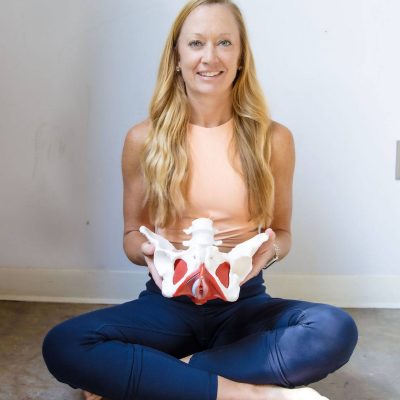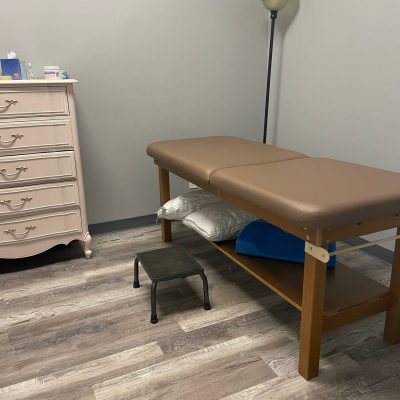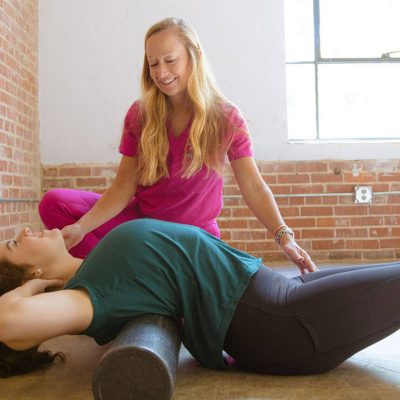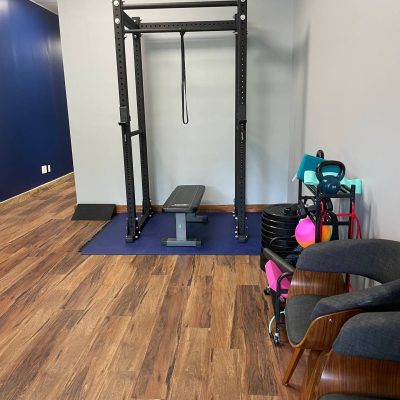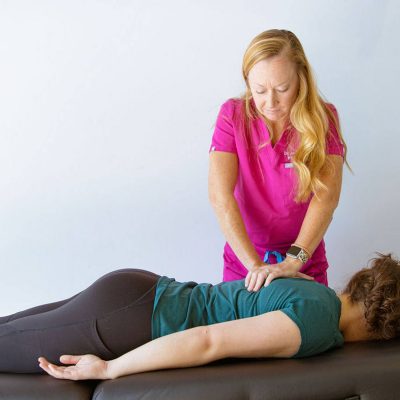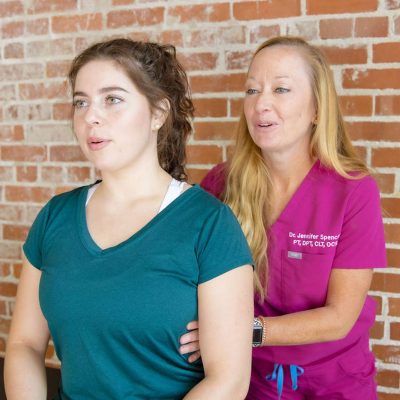Pelvic floor therapy is a type of physical therapy that focuses on the muscles, ligaments, and connective tissue that support the pelvic organs, including the bladder, uterus, and rectum. The goal of pelvic floor therapy is to improve awareness and coordination of pelvic floor muscles and improve the function of these muscles and tissues, which can help to alleviate a variety of symptoms, including those related to urinary tract infections (UTIs).
UTIs are a common problem that affect millions of people each year. They occur when bacteria enter the urinary tract and multiply, causing inflammation and infection. Women are more prone to UTIs than men, in part because of the proximity of the urethra to the anus, which makes it easier for bacteria to enter the urinary tract.
Pelvic floor therapy can be an effective way to prevent and treat UTIs, as it can help to improve bladder function, reduce inflammation, and improve coordination of muscles that support the pelvic organs. Also, tight pelvic floor muscles can often mimic the signs and symptoms associated with UTIs. If you find yourself having frequent UTI symptoms but negative urine tests, the Pelvic Floor muscles are to blame and Pelvic Floor Therapy can help. Here are some ways that pelvic floor therapy can help with UTIs:
- Pelvic floor muscle coordination: Pelvic floor muscles are an important part of the urinary system, as they help to control the flow of urine and prevent leakage. Uncoordinated pelvic floor muscles can contribute to urinary incontinence and other bladder problems, which can increase the risk of UTIs. Pelvic floor therapy can help to lengthen and strengthen these muscles through a variety of exercises, not just Kegels, that can improve bladder control and reduce the risk of UTIs.
- Improving bladder function: The bladder is an important part of the urinary system, and problems with bladder function can contribute to UTIs. Pelvic floor therapy can help to improve bladder function by teaching patients how to properly empty their bladder, reducing the risk of residual urine that can lead to infection. Additionally, pelvic floor therapy can help to reduce the frequency of urinary urgency and incontinence, which can further reduce the risk of UTIs.
- Reducing inflammation: Inflammation is a common problem with UTIs, and it can cause pain and discomfort in the pelvic area. Pelvic floor therapy can help to reduce inflammation by improving blood flow to the area and reducing muscle tension. This can help to alleviate pain and discomfort associated with UTIs and reduce the risk of future infections. A Pelvic Floor Therapist can also discuss nutrition to assist in reducing overall inflammation to improve your bladder and pelvic health.
- Addressing underlying conditions: Pelvic floor therapy can also be helpful in addressing underlying conditions that can contribute to UTIs, such as constipation or pelvic organ prolapse. By addressing these underlying conditions, patients can reduce their risk of developing UTIs and improve their overall pelvic health.
In addition to these benefits, pelvic floor therapy can also be helpful for those who have already experienced UTIs. For example, patients who have experienced recurrent UTIs may benefit from pelvic floor therapy as part of a comprehensive treatment plan. By improving bladder function and lengthening & strengthening pelvic floor muscles, patients may be able to reduce the frequency of UTIs and improve their quality of life.
In summary, pelvic floor therapy can be a valuable tool for preventing and treating UTIs. By improving bladder function, reducing inflammation, and improving pelvic floor muscle coordination, patients may be able to reduce their risk of UTIs and improve their overall pelvic health.
Our clinic is conveniently located in Hoover, Alabama, near the Galleria. We have experienced clinicians with advanced training in the treatment of Pelvic Floor disorders. Contact us to schedule an appointment!

